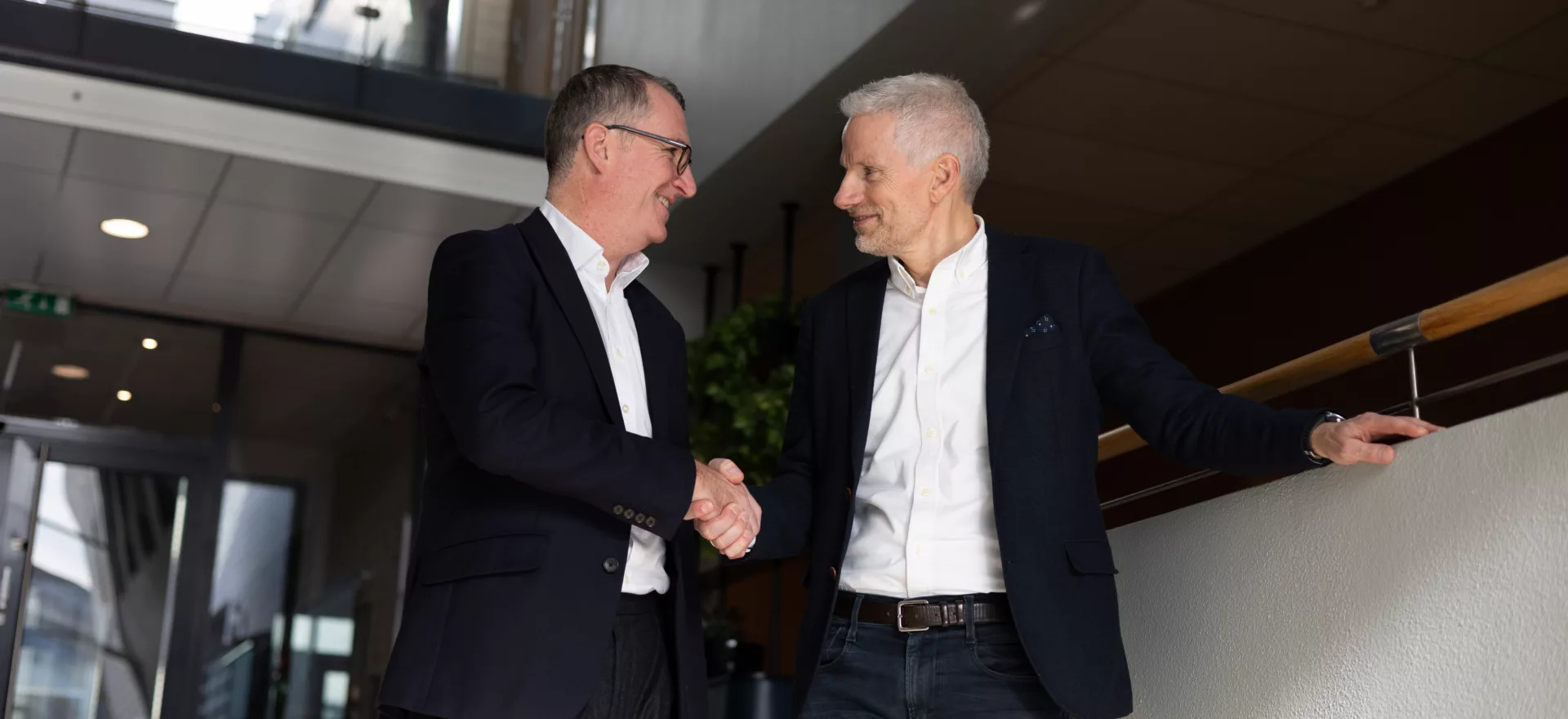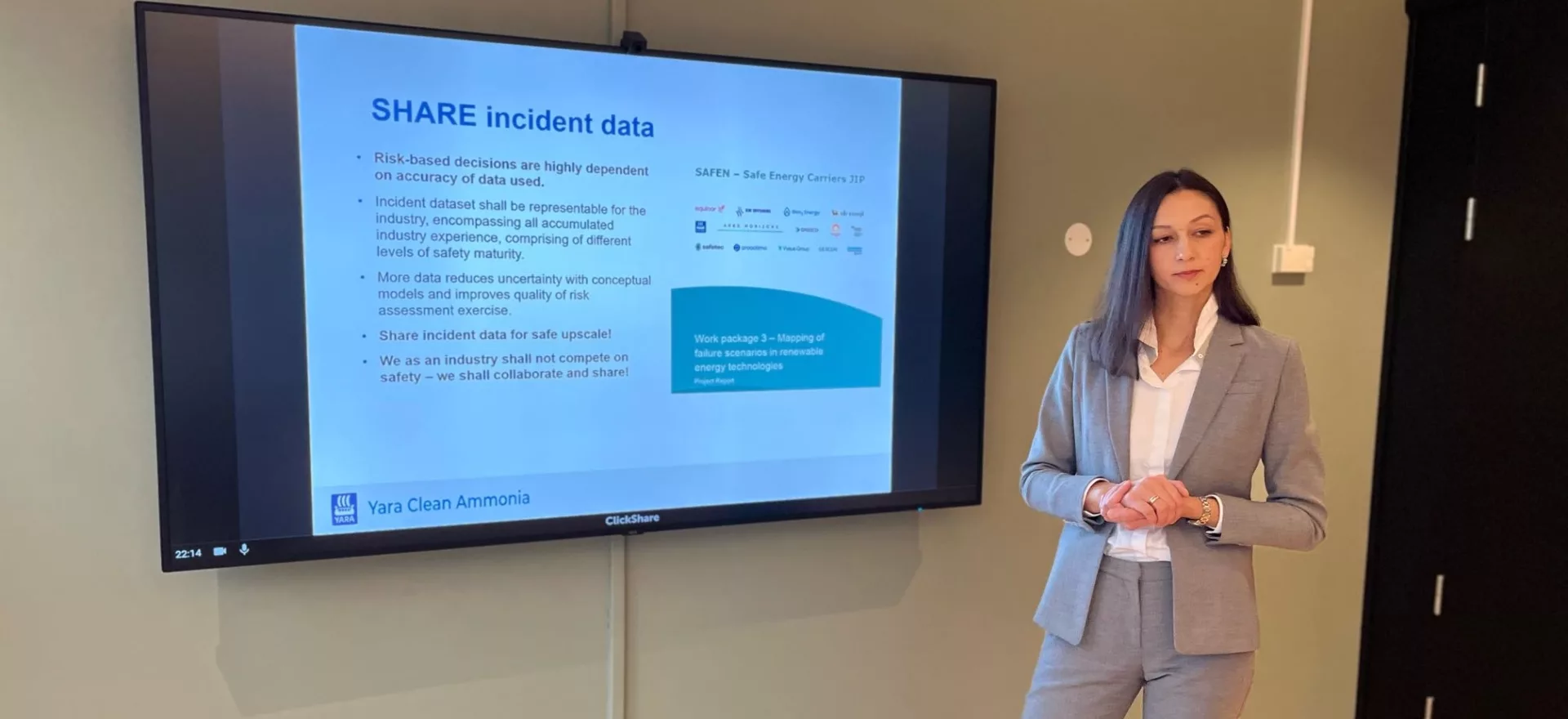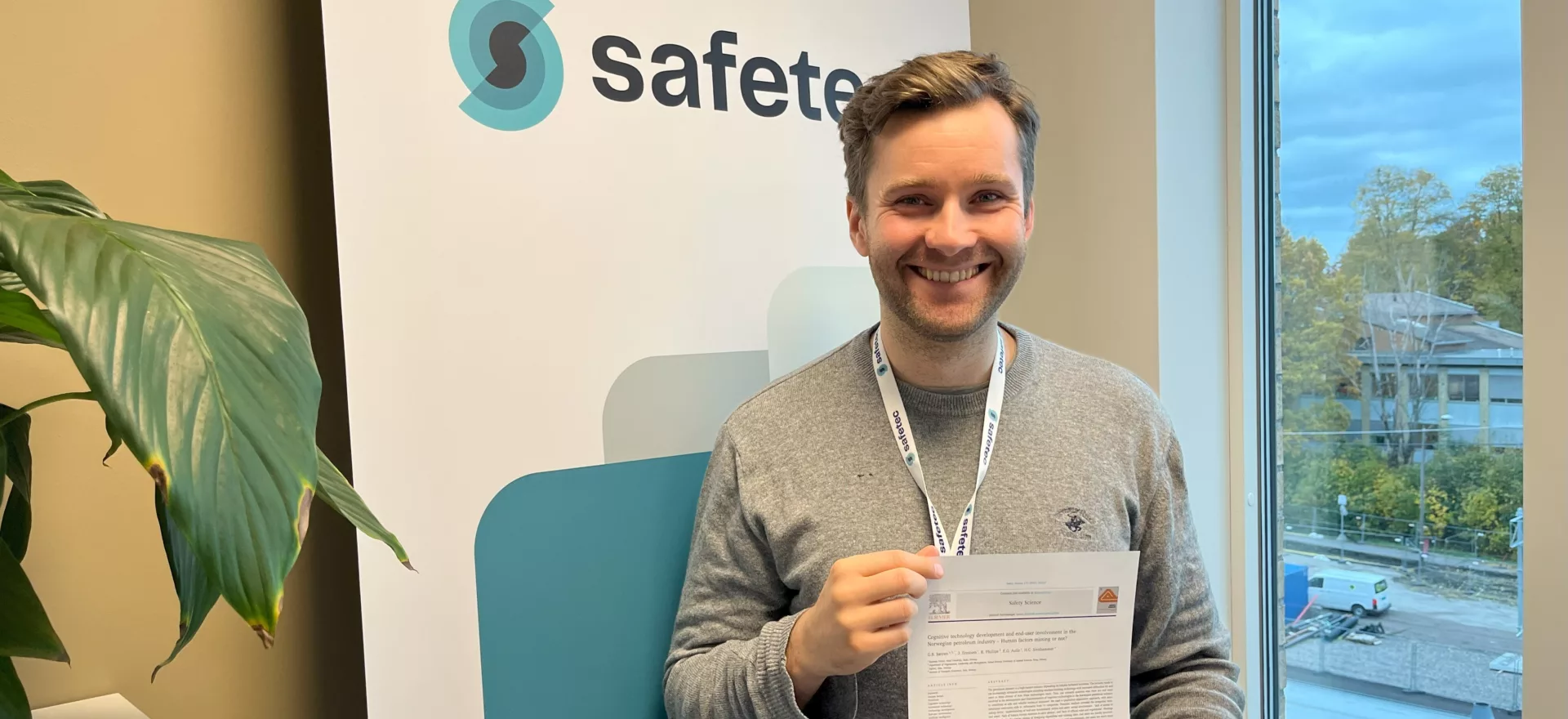
SAFEN – Safe Energy Carriers is a joint industry project (JIP) initiated and led by Safetec. The project is supported by eight strong industry partners / asset owners that contribute with financing, data, and knowledge in the project, the Norwegian authority DSB, and the consultancies Gexcon, Proactima, Vysus, and DNV, who are joining Safetec in executing the project.
The project aims to close the identified knowledge gaps in understanding failure mechanisms, hazards, and accident situations in renewable technologies involving hydrogen, ammonia, and carbon capture and storage. The project started in Q1 2022.
Short term goals completed
– In SAFEN Phase 1, we have completed our key short-term goals and by the generated deliverables proven the viability of SAFEN, but even stronger efforts are required to fulfill our vision for SAFEN on behalf of the industry, says Ingar Fossan, Innovation Manager in Safetec.
The work conducted in Phase 1 includes:
- Collection and analysis of data from Loss of Containment (LoC) and ignition events.
- Specification of a data collection format and database design.
- Literature studies and subsequent systematic description of LoC failure modes and ignition mechanisms.
- Development of new models for LoC and ignition probability.
- Development of methodology for establishment of safety distances for hydrogen, ammonia, and CCS storage facilities.
- Based on learnings from the above activities, input to safe design and operation of hydrogen, ammonia, and CCS facilities.
The importance of sharing
To validate the models consistently with actual technical and operational characteristics of renewable technology facilities, we rely on a joint understanding of the importance of sharing of data. Sharing multiplies the value of any single proprietary dataset.
– In Phase 2, we are determined to establish a community where data are shared effectively for the greater good of all parties. The offshore oil and gas industry spent more than 50 years to establish data the enabled accurate prediction in QRA's enabling cost-effective decision support. This time interval will be shortened for the renewable industry by SAFEN, says Ingar Fossan.
In the next phase of SAFEN, the following topics will be addressed:
- Collection of more LoC and failure data and analysis of the data to provide input to modelling of LoC, ignition, and risk.
- Establish a database solution based on specifications from SAFEN phase 1, and a framework for sharing of LoC data and learnings across the industry. The database will contain the collected data during the project and is designed for further collection of incident data after the project is finalized.
- Expert workshops and systematic analysis of failure scenarios to get a better understanding of different failure mechanisms for, e.g., storage solutions.
- Human reliability and task analysis of relevant transfer operations in the value chain, e.g., filling, bunkering, and loading operations.
- Experimental campaigns on hydrogen ignition to gain more knowledge of different ignition mechanisms and ignition probability.
- Improvement of LoC and ignition models based on gained knowledge, including guidance for use of the models in risk management.
- Provide input to safe design and operation of hydrogen, ammonia, and CCS facilities in the supply chain, including transfer operations.
Aker Horizons have an ambition to be one of the safety leaders in the hydrogen and ammonia industry. They are an important part of the team.
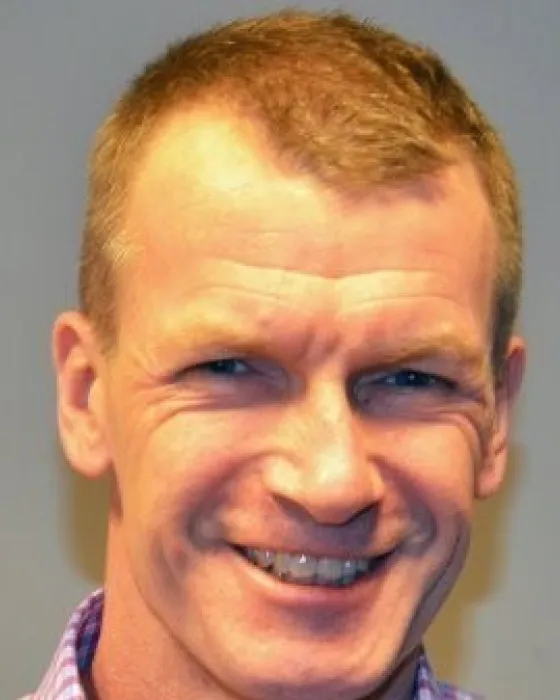
For us, it is natural to take an active role in the development and sharing of safety related knowledge. SAFEN’s purpose to develop an improved knowledge base for risk analysis for new energy carriers fits well with our ambition.
SAFEN Phase 2 is planned to start in August 2023.
We are looking for more partners that can contribute with knowledge and data, system descriptions, and financing.
Are you interested in joining? Please contact us:
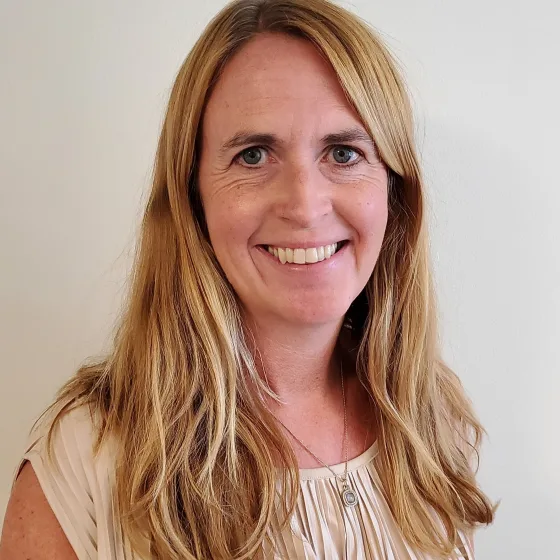
Spesialistrådgiver
linda.flottum@safetec.no

Innovation and Development Manager
ingar.fossan@safetec.no



